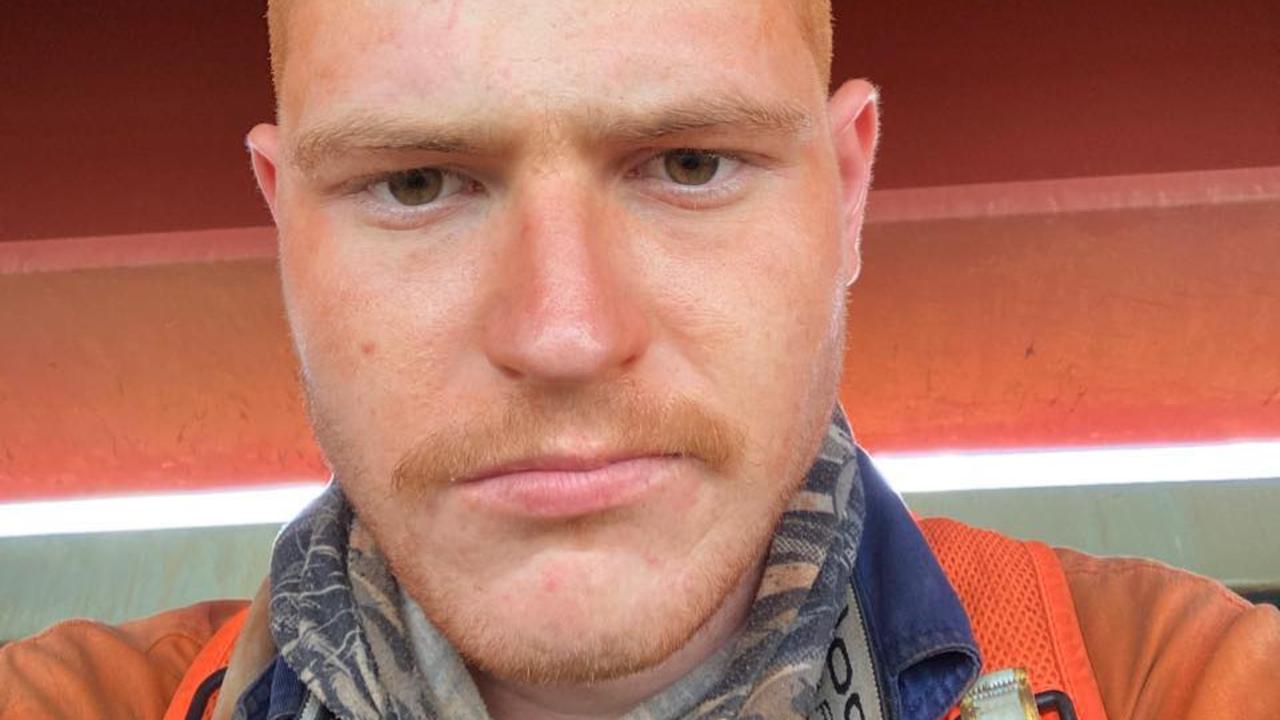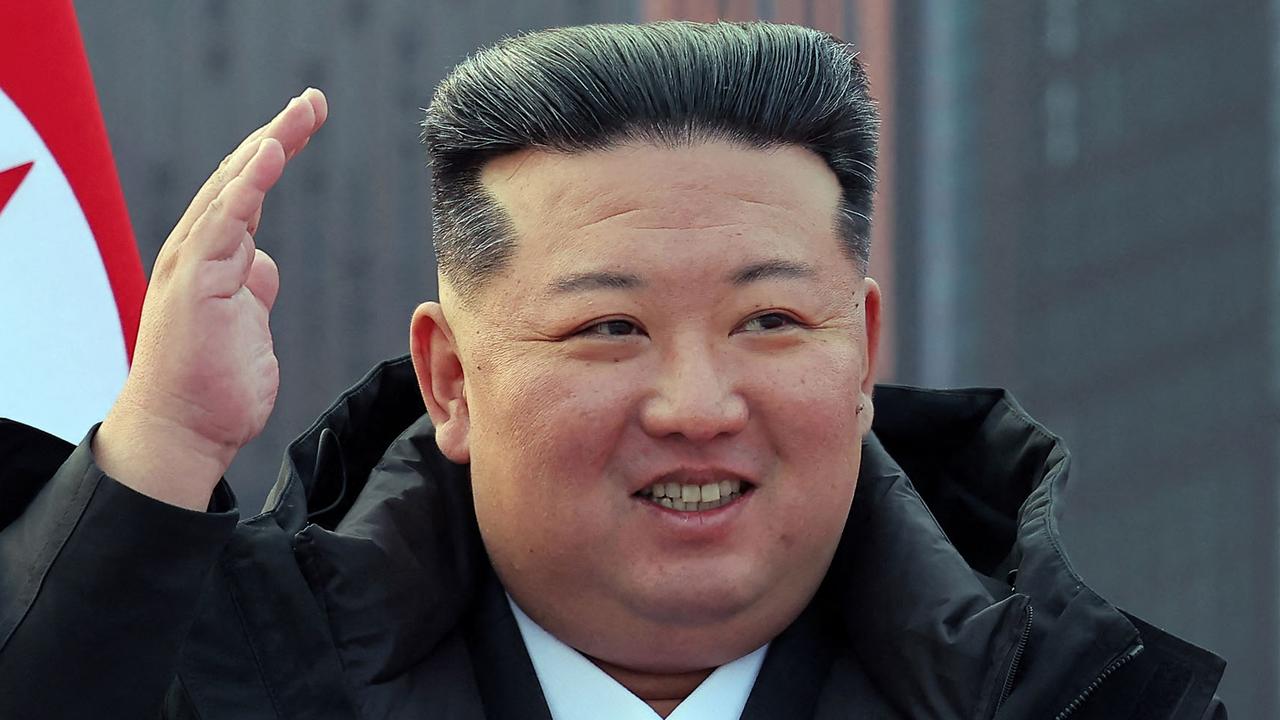Ben Roberts-Smith will fight his defamation loss at a ten-day hearing
The disgraced Australian soldier has accused a judge of making a mistake and “cherry picking” evidence when he found newspapers proved he was a war criminal.
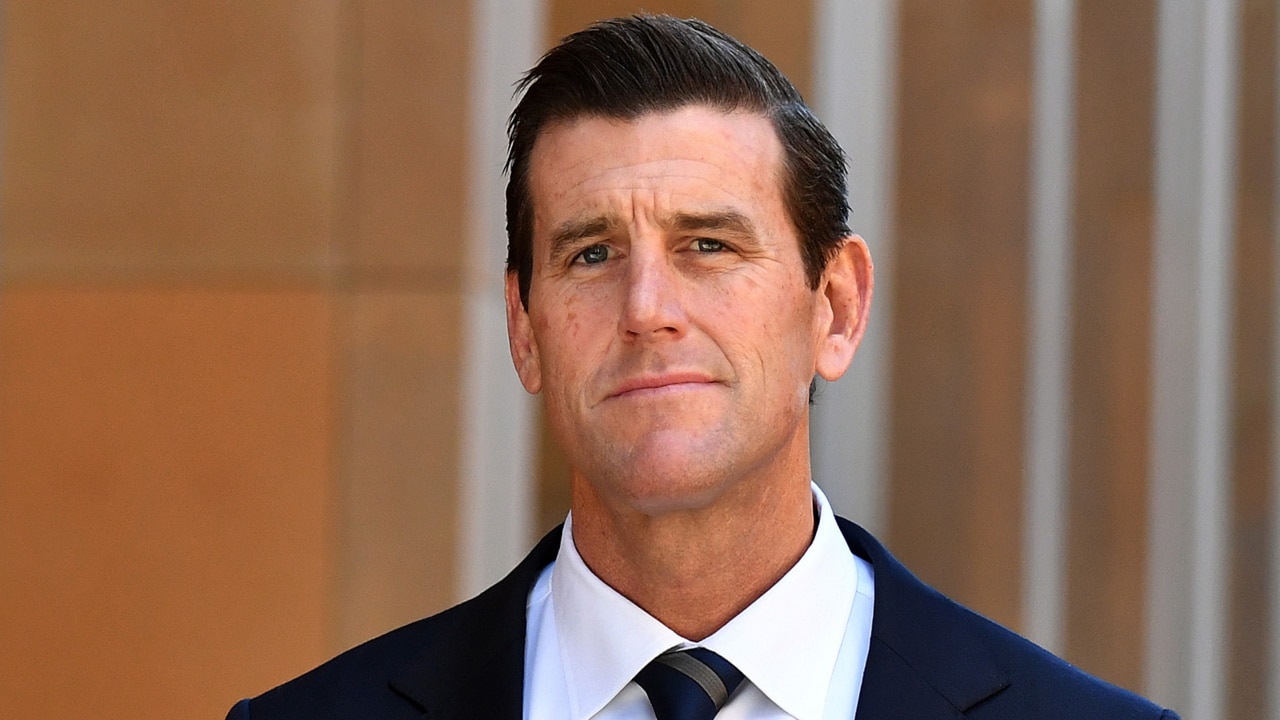
War veteran Ben Roberts-Smith says a judge was mistaken in finding that he was involved in four murders of unarmed prisoners following a landmark defamation loss to three newspapers.
The Victoria Cross recipient sued The Sydney Morning Herald, The Age and The Canberra Times over a series of articles published in 2018 that accused him of war crimes.
Federal Court Justice Anthony Besanko dismissed the proceedings in June after finding the six articles proved – to the standard of the balance of probabilities – the most serious imputations.
He also found the newspapers made out the defence of contextual truth for the remainder of the untrue imputations.
With one day left until the deadline, Mr Roberts-Smiths’ legal team filed a notice of intention to appeal with the Federal Court on July 11.
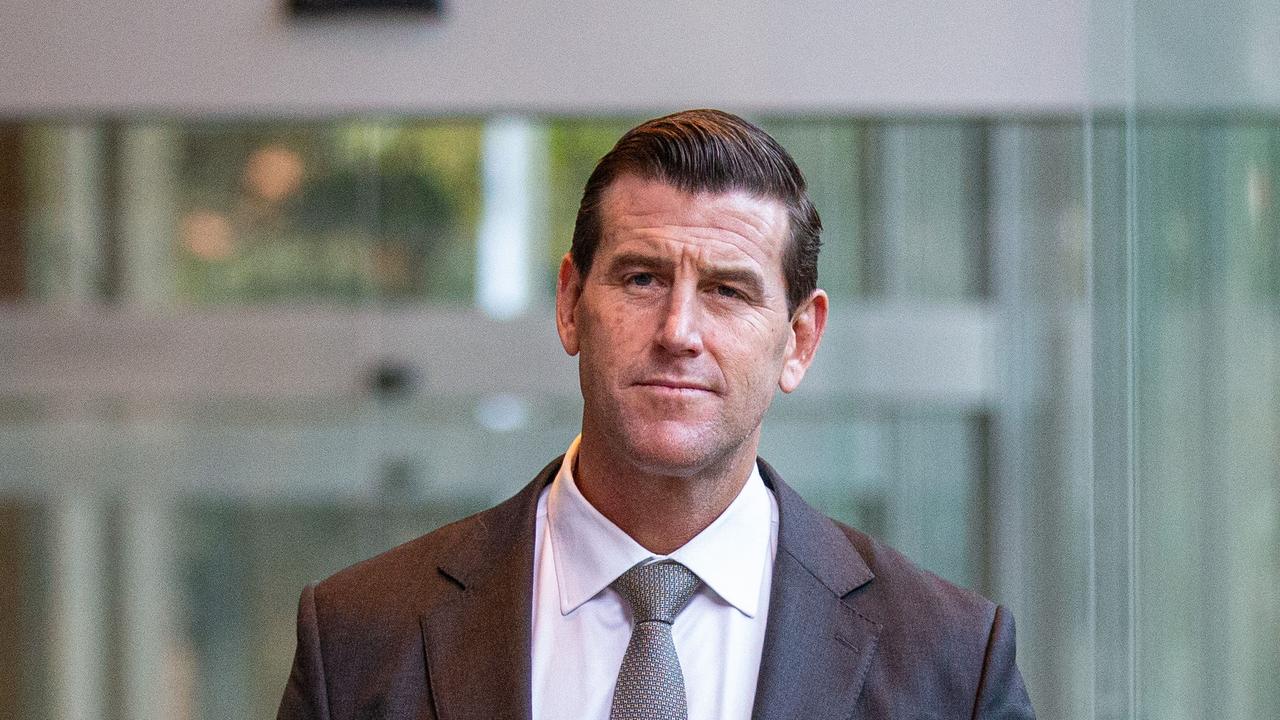
The matter appeared in court on Thursday in front of Justice Nye Perram for the first case management hearing since the appeal was lodged.
Matthew Richardson, SC, acting for Mr Roberts-Smith, told the court that his side would be able to address the court within 3½ days.
He said the grounds of appeal arise from four murders of unarmed prisoners in Afghanistan between 2009 and 2012.
Nicholas Owens, SC, representing the newspapers, told the court that his submissions could be kept to five days, with Justice Perram setting the matter down for 10 days in total.
“It is obvious why the applicant would wish to, or the appellant or I should say, would wish to present the appeal, as if it can be reduced to a number of just very discreet little points about the evidence,” Mr Owens told the court.
“From my client’s point of view, an important part of making sure the Full Court is in a position to discharge its function on a re-hearing is overcoming that advantage and the corresponding disadvantage in the Full Court as best we can.”
The 10-day appeal will include sessions of closed court to accommodate sensitive Commonwealth information.
The appeal is aimed at finding error in Justice Besanko’s factual findings and is expected to cost about $1m, on top of the $25m already spent in legal fees throughout the case.
In the notice of appeal, Mr Roberts-Smith’s lawyers said he “appeals from the whole of the judgment”.
His representatives argue that Justice Besanko “erred in his findings” Mr Roberts-Smith was involved in the four murders of unarmed prisoners.
Justice Besanko found the murder of Ali Jan at Darwan in September 2012 to be substantially true. Mr Roberts-Smith allegedly kicked the detained shepherd off a cliff while he was handcuffed.
Justice Besanko also found that Mr Roberts-Smith directed another soldier named Person 11 to drag the farmer and shoot him as he stood in the cornfield.
Mr Roberts-Smith’s lawyers claim the judge “erred by impermissible construing the evidence” of Person 41, who witnessed the execution of Ali Jan and should not have been regarded as a reliable witness.
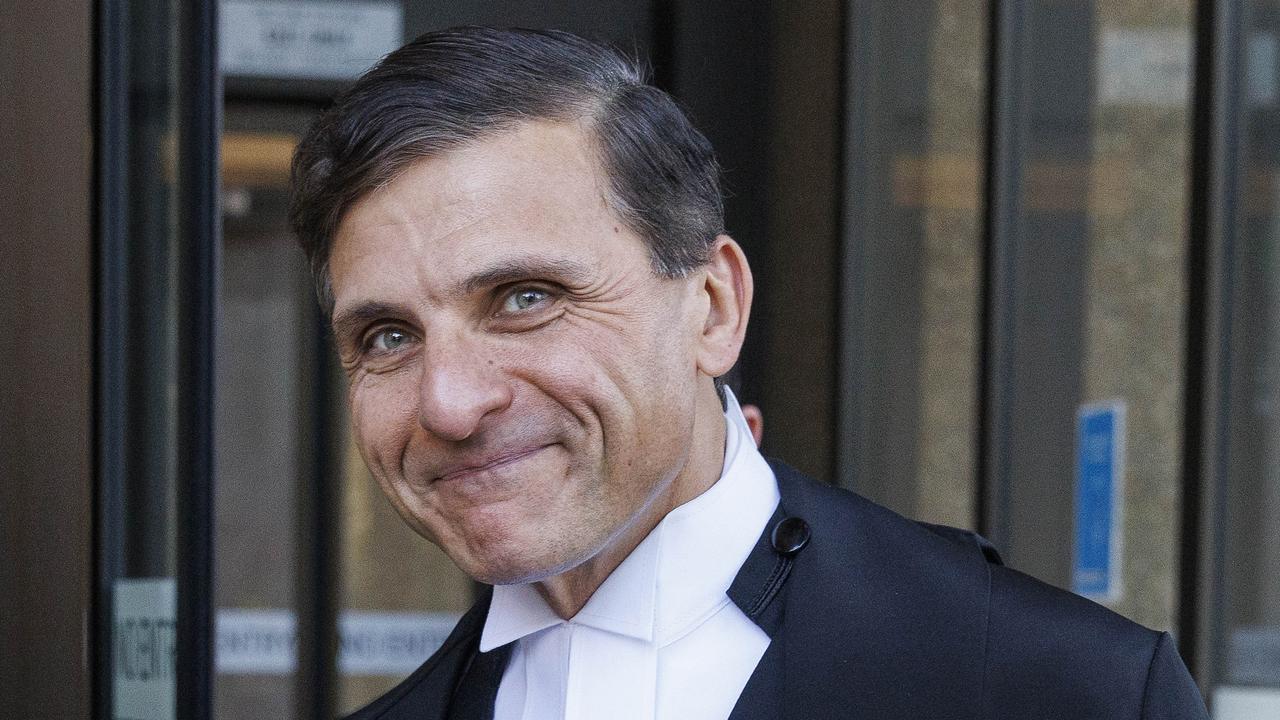
“The primary judge added to and cherry picked the evidence of a witness whose evidence he otherwise found to be reliable without adequately explaining the basis for doing so,” the appeal states.
They also claim the judge denied procedural fairness, as he did not ask for the “rookie soldier”, known as Person 4, to give evidence about what happened at the compound and placed too great a weight on the evidence of Afghan villagers.
“The primary judge’s determination that Person 4 was not required to give evidence … denied, as a matter of procedural fairness, an opportunity to confront Person 4 (through cross-examination),” the appeal says.
“The primary judge placed significant weight on the evidence of the Afghan witnesses, including particularly relying on their evidence as corroborating the account of Person 4 when the evidence of those witnesses was not reliable to provide any corroboration.”
It was also found that Mr Roberts-Smith was involved in two murders during a mission at a compound named Whiskey 108, where two Afghan males were placed under confinement by Australian soldiers.
One of the men was executed by a rookie soldier at the direction of Mr Roberts-Smith, who killed the other man, the judge found.
Mr Roberts-Smith’s lawyers argue that Justice Besanko “did not adequately deal with the improbability that there was a widespread conspiracy to conceal the truth concerning the deaths of (the two men) … in the official reporting of the mission”.
Justice Besanko found witnesses brought by Mr Roberts-Smith were “unreliable”, but his lawyers claimed he erred in this finding.
Mr Roberts-Smith has consistently denied any wrongdoing.
The matter will be next before the court in September for a cost application.


